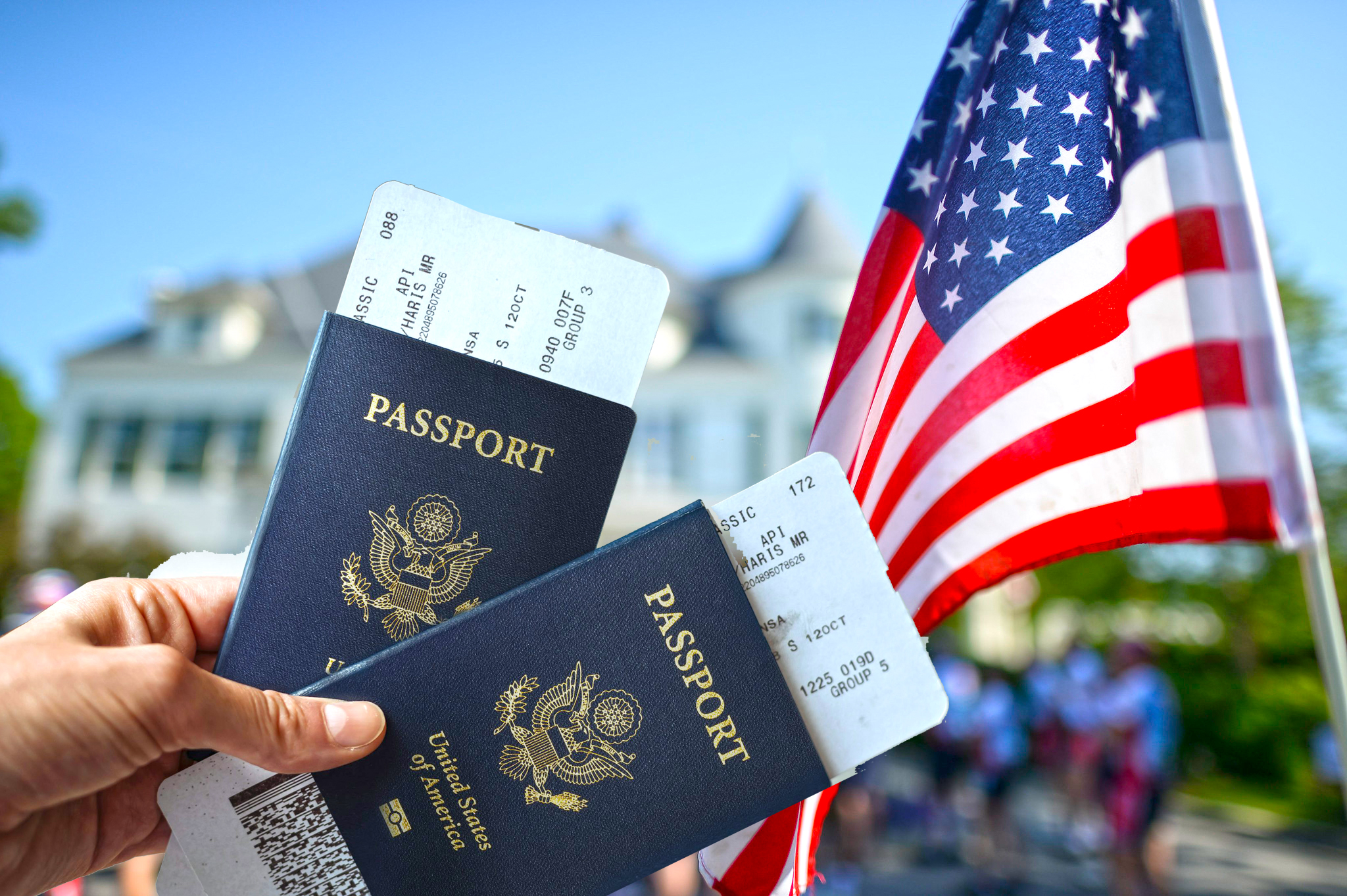New executive orders and recent legal reforms within U.S. immigration policy have achieved more than affecting illegal aliens they’ve sent ripples throughout the global travel system. For foreign tourists, students, business visitors, and even tourists, these policy shifts are introducing new layers of complication, restriction, and uncertainty.
1. Stringent Deportation Policies Hinder Travel Freedom
The recent U.S. Supreme Court validation of expedited deportations is placing individuals who were previously admitted to the nation based on temporary or humanitarian grounds in imminent removal even without a judicial hearing. For tourists, this eliminates the safety net that once shielded individuals who are entering with good intent but uncertain immigration status.
Most international visitors may now hesitate to visit the U.S. if they risk being turned back or deported without due process. This has discouraged short-term tourists, remote workers, and transit passengers who previously relied on lenient interpretations of entry requirements.
2. Tighter Visa Rules Disturb Professional and Academic Travel
The move to cancel some student visas, specifically those targeted at Chinese citizens and students pursuing sensitive studies, has created doubt in academic mobility. American universities, which tend to be major centers of international learning, now appear less accessible, particularly to students from the targeted nations.
Similarly, scholars attending conferences, training, or research visits can now increasingly struggle to secure or renew visas. This will likely discourage academic travel and border-to-border cooperation and push talent and research funding to countries with more open policies.
3. “Sanctuary City” Policy Reversal Sends Travelers Mixed Messages
The federal action to delete its public list of so-called “sanctuary cities” is a mixed signal. It deprives cities seen as unhelpful to immigration enforcement of public shaming but doesn’t change the general enforcement stance.
For visitors especially those visiting family in cities with high numbers of immigrants or scouting locations favored by diaspora communities this creates ambiguity. Many would avoid some locations out of fear of stepped-up immigration checks or enforcement raids.
4. New Visa Regulations Affect World Travel Industry
By placing visa restrictions on certain travel agents and their principals, especially those with connections to people smuggling, the U.S. has further limited its influence over worldwide travel intermediaries. Even though this move is designed to target illegal facilitation networks, it could unintentionally affect honest travelers.
Some authorized travel agencies are now subjected to more scrutiny, and visa requests from entire regions may be delayed or denied on association. For travelers especially those from developing nations this is one more barrier to lawful, open movement.
5. Increased Surveillance Alters the Experience of Travel
With thorough digital screening in the pipeline political leanings and vetting via social networks the process of obtaining a U.S. visa is no longer just about red tape. Tourists’ private lives are now under the microscope.
This expanding culture of surveillance will intimidate travelers from even attempting to visit the U.S., largely those who also cherish privacy, civil liberties, or accidental red flags (e.g., political content or groups). The majority will now seek alternative, more tourist-oriented places to visit.
The U.S. Becoming an Increasingly Challenging Destination
For the world’s tourists, especially students, professionals, and visitors from politically sensitive regions, America is ever more a more difficult and less welcoming destination. The most recent bout of immigration crackdowns, as much as they are attempts at enforcement and national security, necessarily impact the traveling experience hiking the visa approval lower, visits riskier, and the traveling experience in general more uncertain.
Consequently, many tourists would begin to divert their interest to other countries with simpler visa rules and fewer political complexities. For those who are still bent on traveling to the U.S., the message is clear: prepare ahead of time, stay alert, and travel with more caution to your status and rights.





Leave a Comment